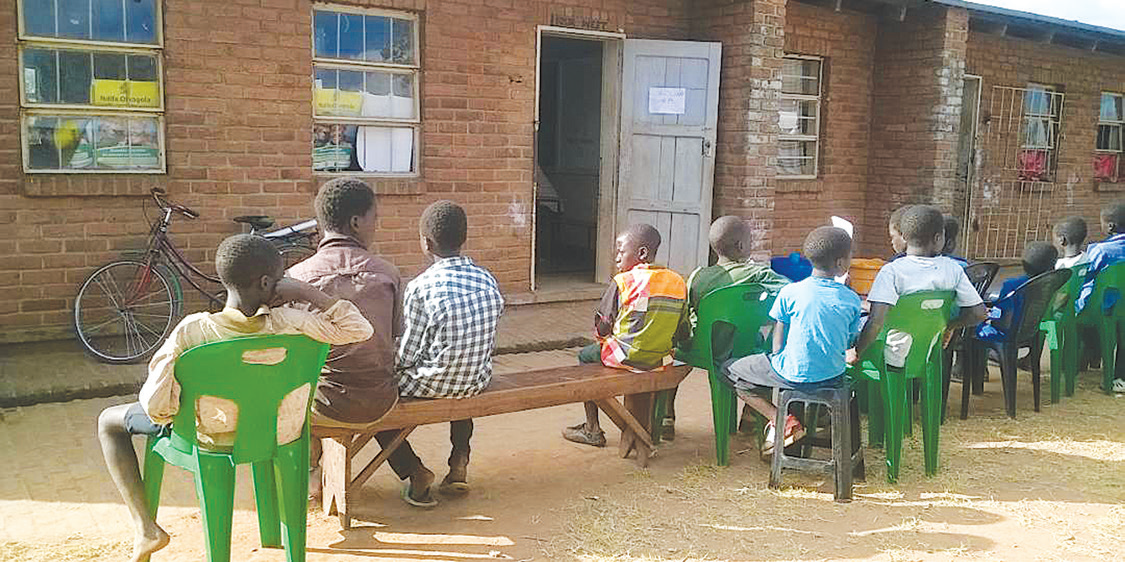Ministry to remove errant AIP beneficiaries
Minister of Agriculture Lobin Lowe has said the ministry is documenting names of beneficiaries that sold their entitlements to vendors in the 2021/2022 Affordable Inputs Programme (AIP) to remove them.
In a ministerial statement presented in Parliament in Lilongwe on Tuesday, Lowe said such beneficiaries have sent a message that they were given wrong assistance

He said: “A serious farmer cannot sell their entitlement because it is like gold to them if we attach the real market price to the inputs, so we better remove them and see the best way to assist them.”
The minister said the ministry is also finalising an implementation model which will regulate the quality of fertiliser and the prices to ensure that traders do not raise prices just before the programme starts.
The programme update comes at a time reports are rife that some unscrupulous traders have been selling adulterated fertiliser to farmers.
Lowe cited adulterated fertiliser, selling of entitlements to vendors, poor private sector performance, depot attendants demand for top ups and scarcity of Urea fertiliser as five major challenges facing the programme this year.
On the traders performance, the minister said the ministry allocated 60 percent of total inputs to private traders, but as of February 7 2022, the sector has achieved 43 percent.
On overall performance, Lowe said 5 304 396 bags of fertiliser have been sold representing a redemption rate of 71 percent which is lower than 90 percent achieved last season.
While 2 559 224 packets of certified seed have been sold representing 69 percent up from 68 percent last season.
For the first time, government has introduced livestock in the programme targeting Nsanje and Chikwawa through small and medium enterprises.
In an interview, agriculture expert Tamani Nkhono Mvula cautioned government to be strategic in the implementation of AIP to avoid incidents where inputs are not available when farmers need them.
“We have to learn from previous mistakes and make sure that we have a proper system in place so that inputs are made available at the most convenient time,” said Nkhono Mvula.





